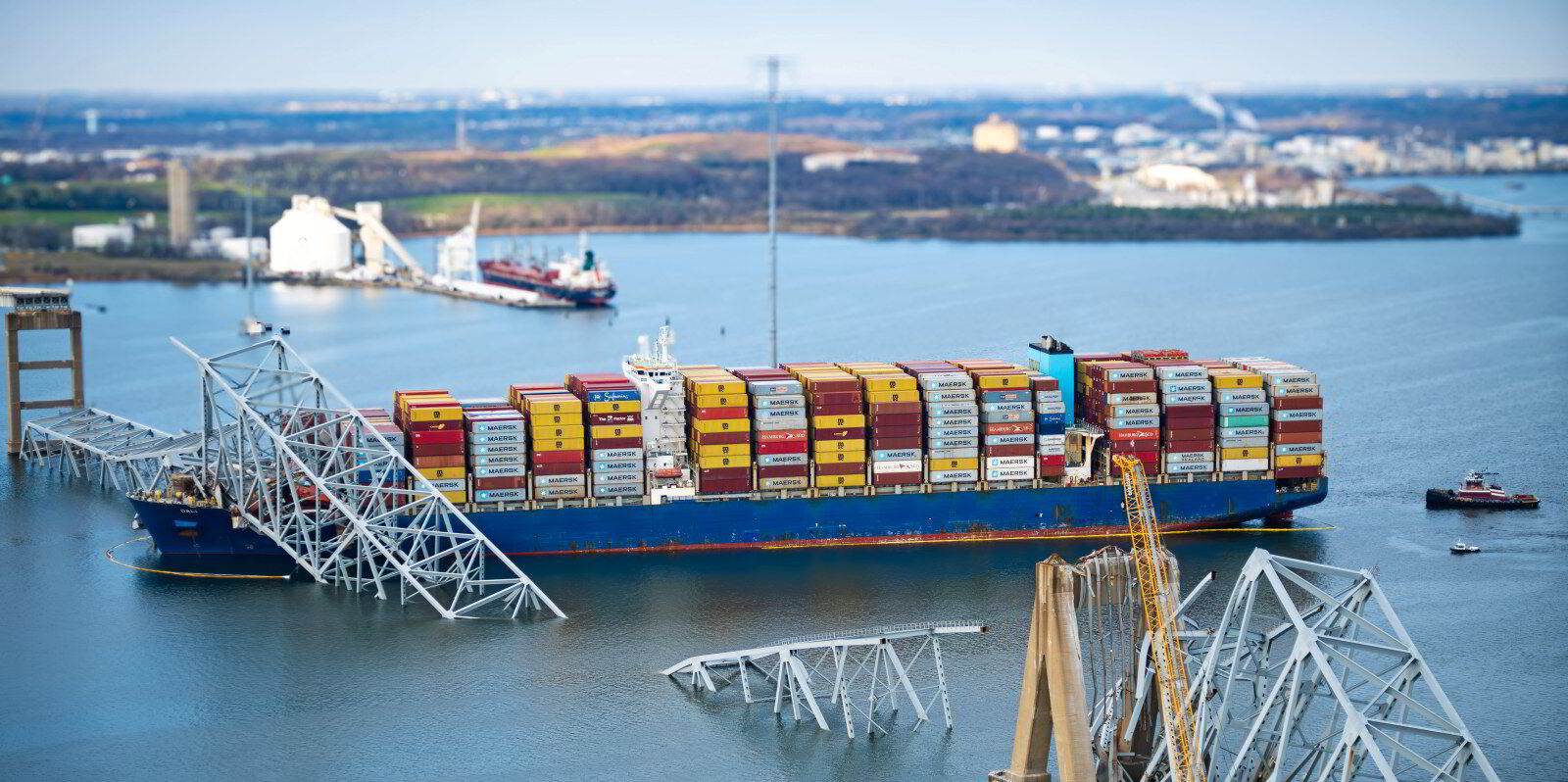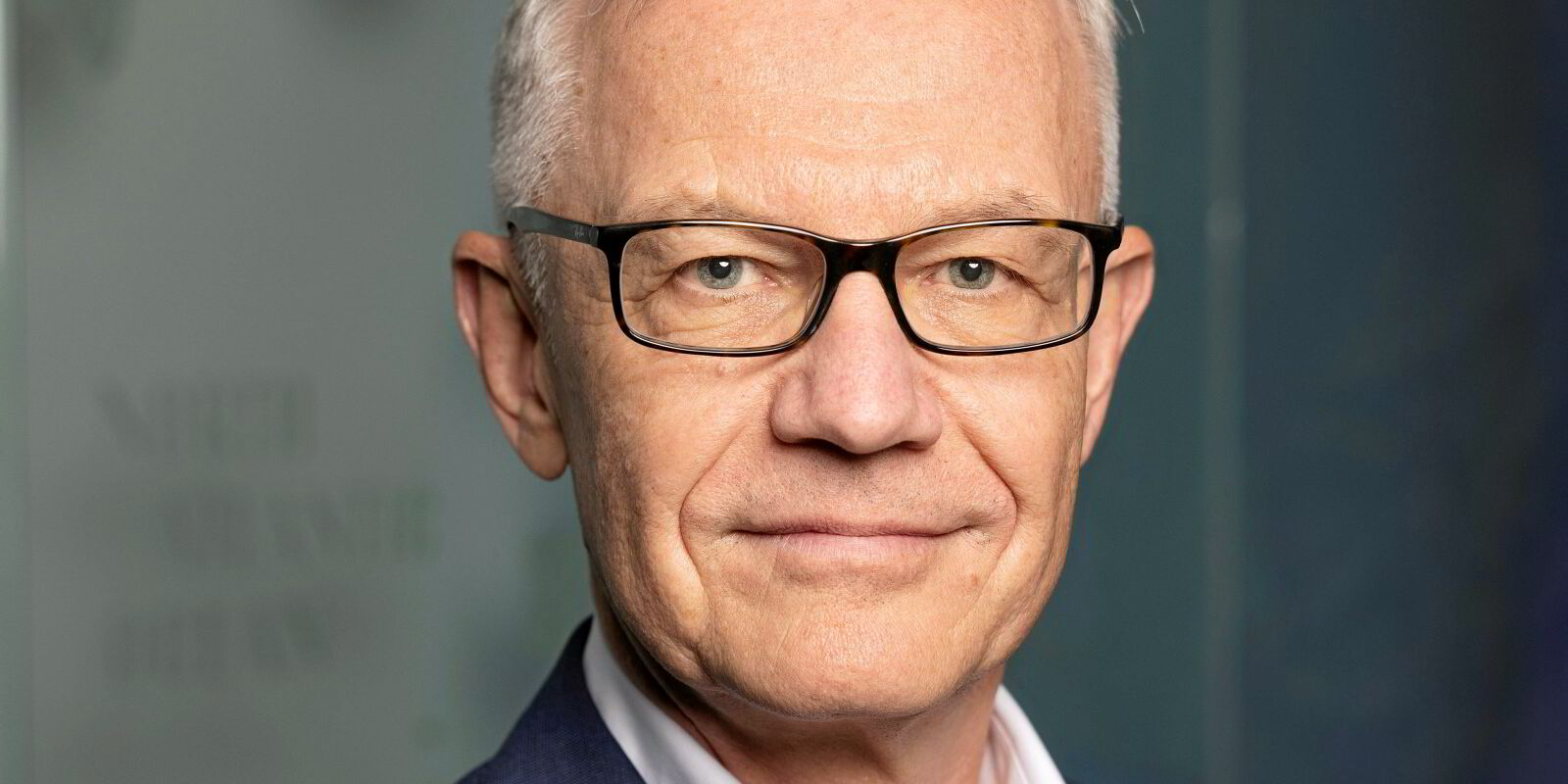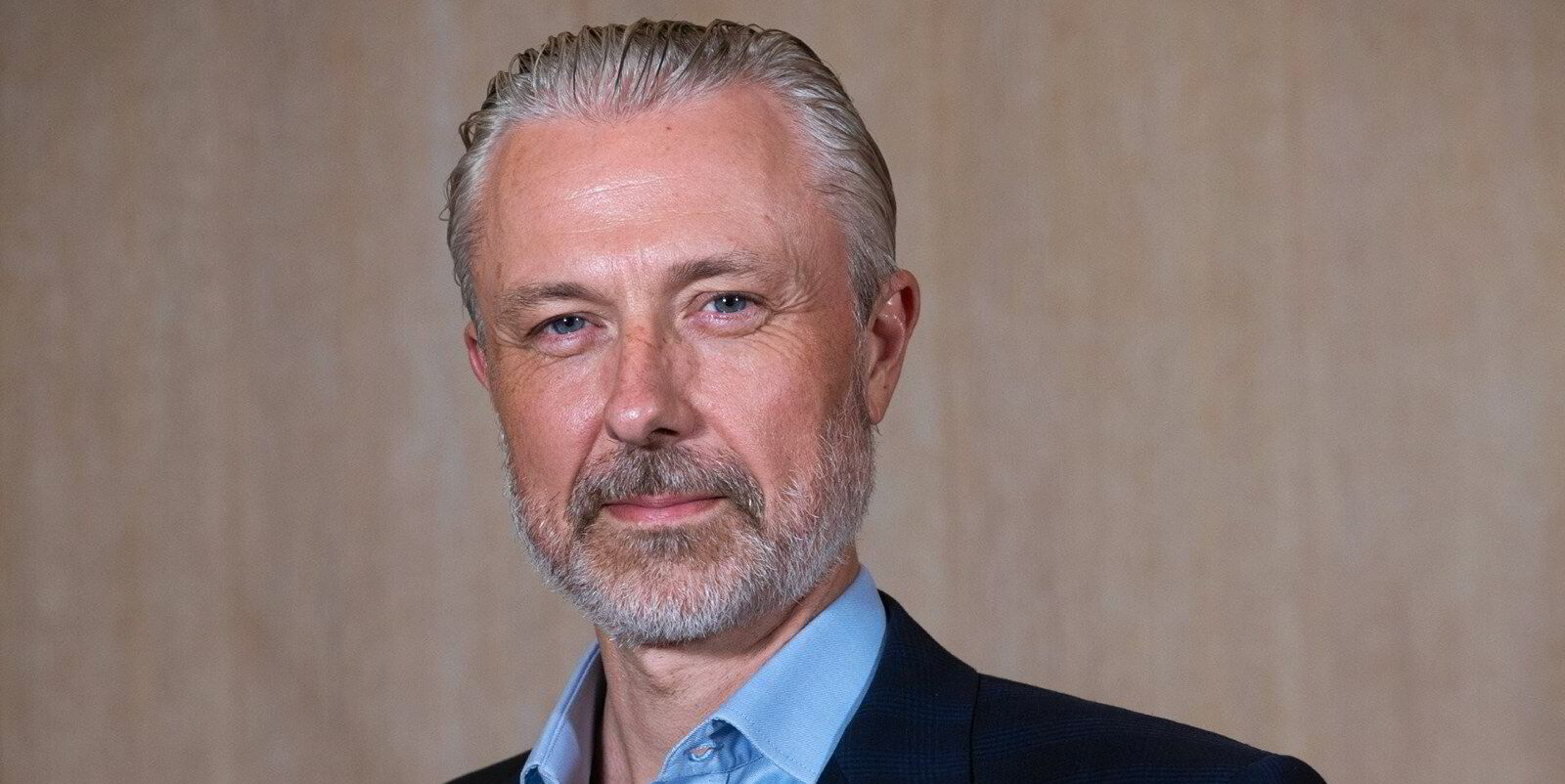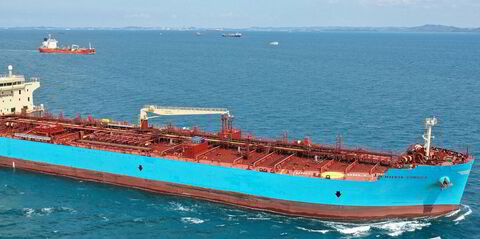Consolidation in the fragmented ship management industry is set to continue, leading bosses have told TradeWinds.
But big hitters are reluctant to take a punt on a takeover just for the sake of growth, highlighting how a potential partner’s culture and operations have to mesh.
One key example of a tie-up is that of OSM and Thome last year. OSM also bought SeaTeam Management, the in-house manager for John Fredriksen’s Frontline and Golden Ocean, in 2020.
In another, Germany’s Zeaborn Ship Management was sold to Wilhelmsen and MPC Capital in 2023, while Anglo-Eastern bought Euronav’s Greek management operation this year.
UK giant V.Group has acquired owner Belships’ management operation as well as ShipMoney. The manager is now under the ownership of Star Capital, a fund that has promised to cut its debt.
V.Group chief executive Rene Kofod-Olsen explained that the primary lens for evaluating merger and acquisition opportunities will always be whether an expansion makes sense for customers.
“We are first and foremost committed to delivering safe and excellent operations,” he told TradeWinds.
“Having come a long way in delivering our strategy during the past years, and with our new ownership, we have the capital structure and flexibility to pursue accelerated organic and inorganic growth when the right opportunities arise.
“For a company like V., we see opportunities in both ship management and across our diverse portfolio of marine services, further enhancing our maritime offering.”
Kofod-Olsen believes scale matters, making the company more adaptable and efficient.
A transforming sector
“As long as the sector continues to transform at unprecedented scale, we will continue to see consolidation in the ship management sector,” he added.
He views shipping’s current range of challenges as meaning managers must adapt and expand their operations.
Kofod-Olsen pointed to factors like the crew shortage, the need to retrain seafarers for future fuels, the pressures of decarbonisation and an increasing regulatory compliance environment.
“Consolidation would allow companies to pool resources, share expertise and achieve economies of scale necessary to meet these challenges effectively,” he said.
“As these pressures intensify, smaller ship management companies may find it increasingly difficult to remain competitive independently, leading to further M&As.
“This trend is likely to continue until the industry reaches a new equilibrium that balances the benefits of scale with the need for specialised services and regional expertise.”
Columbia Group chief executive Mark O’Neil told TradeWinds his company is not focused on M&A for expansion, “or indeed expansion per se”.
“Instead, we aim for measured growth by broadening our service offerings and building strategic partnerships,” he explained.
Sustainable growth
“We believe in sustainable growth rather than rapid expansion, and we are careful not to over-extend ourselves. Our focus is on optimising and providing individual and tailored services, not managing an oversized fleet.”
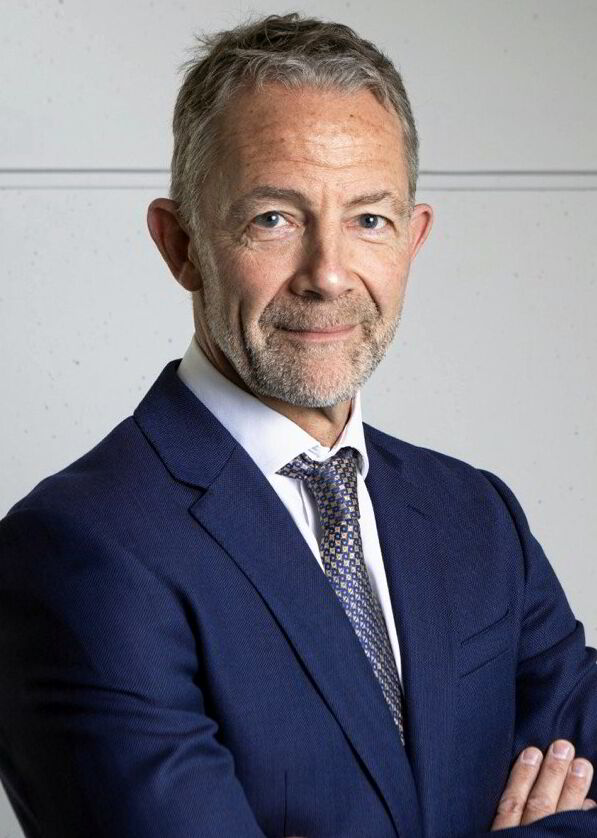
For O’Neil, consolidation makes sense only where there are synergies to be milked and the consolidated whole is greater than the sum of its component parts.
He agrees that there are still small and medium-sized companies within the sector that cannot really compete with the larger players and their diverse offerings of services and economies of scale.
“By the same token, there are some of the larger companies experiencing difficulties and which could benefit from restructuring,” he added.
The takeover target profile is a small company offering a unique geographical presence, specialised services or additional scale, O’Neil argues.
But he does not necessarily foresee more tie-ups between the bigger players.
“Significant consolidation is happening, with more expected. However, mergers often bring cultural and legacy issues that complicate integration, and shipowners may question how larger managers will address these challenges while improving services,” he said.
“That said, there are some large companies experiencing operational and reputational challenges and we are likely to see some movement at this end of the market as well.”
There will always be targets
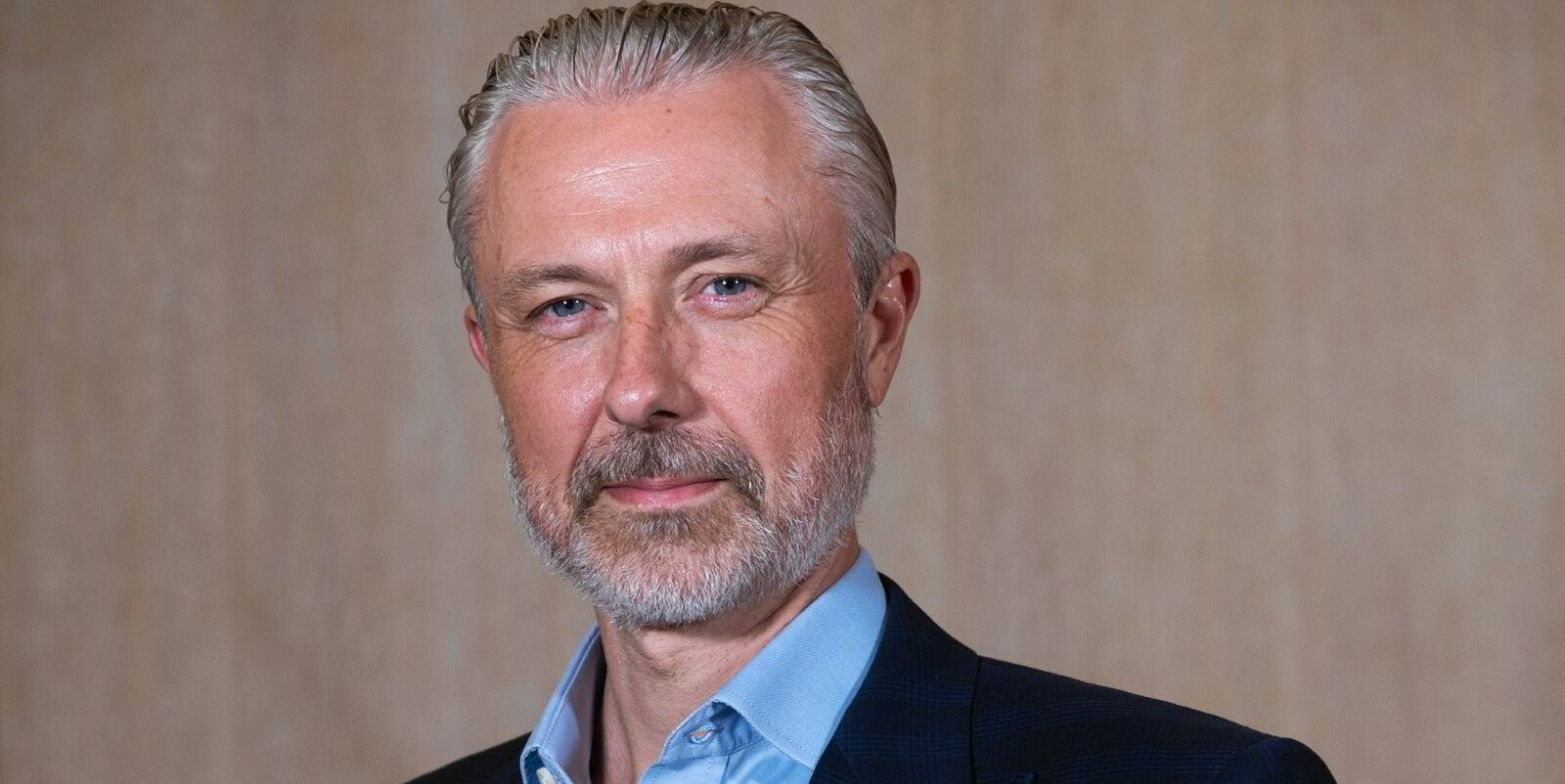
Singapore’s Synergy Marine Group is also open to expansion opportunities but only when cultures are a strong fit.
Mathavan Subbiah, chief executive of marine services and corporate functions, said this is essential for long-term success.
“We approach mergers and/or acquisitions strategically. Our focus is on building synergistic relationships with parties that share our values and vision for quality-focused growth, rather than pursuing expansion for the sake of scale alone,” he told TradeWinds.
Subbiah believes consolidation will continue, driven by diversification and organic growth, not just scale.
“The industry’s fragmented nature presents numerous opportunities, but consolidation should focus on value creation, technological innovation and enhancing operational efficiencies,” he said.
“The scale of data will also play a significant role in driving future consolidations.”
This high level of fragmentation means there will always be targets, large and small, he argues.
“Mergers between large players are likely, as scale and data-driven operations become increasingly important for long-term growth and, in some cases, where organic growth has stalled,” he added.
“While efficiency gains from scale eventually plateau, access to vast data pools can further drive consolidation.”
Ian Beveridge, CEO of Schulte Group and Bernhard Schulte Shipmanagement, also expects further tie-ups, largely driven by the private equity investors that now control several ship management companies.
They are focused on economies of scale and target any ship manager that can contribute to inorganic growth.
“However, I believe that the merger of larger ship management operations does not necessarily generate significant value, particularly for customers,” he said.
LNG takeover worked out

Beveridge echoes others’ comments on the importance of a strong alignment in terms of quality and culture.
“For example, we have had positive results with our 2018 acquisition of Pronav, a small, specialised ship manager operating in the highly demanding LNG segment. This success was due to the close alignment of corporate values and a shared corporate philosophy,” he said.
“Basically, the Schulte Group is constantly looking for ways to increase its service offering to customers and to further strengthen its foothold, both through organic growth as well as through acquisitions, especially in the maritime service sector, but also through strategic partnerships or joint ventures.”
Subbiah explained more about the pros and cons of alliances.
“Transition planning and aligning the operating model — particularly with regard to procedures and systems — are crucial,” he said.
“A well-structured operating model ensures that standards are maintained, processes are streamlined, and the merged entity can manage increased complexity, maximising synergies and ensuring operational efficiency.
“The true advantage of mergers lies not in purchasing growth, but in leveraging data, innovation and expertise to create sustainable, future-proof value for shipowners and the maritime industry as a whole.”
Subbiah believes growth for ship managers should go beyond increasing vessel numbers or revenue; it should focus on delivering long-term value.
He and O’Neil are in agreement on the drawbacks of these kinds of deals: as well as culture clashes, there are legacy systems to consider, and the challenges of integration.
The Synergy CEO said differences in values, leadership styles and operational approaches pose challenges.
“When companies with distinct cultures come together, this can disrupt daily operations and lead to inefficiencies, ultimately slowing down the post-merger integration process,” Subbiah said.
Overlapping clients
“Mergers can also lead to overlapping clients, complicating relationships and causing friction, particularly when shareholder interests are not aligned.”
And other issues actually hold more importance for the long-term health and resilience of the sector.
“Standardising processes and taking unified action on decarbonisation, digitalisation, crew wellbeing, diversity and adapting to regulatory changes will have a more profound impact than mergers alone,” Subbiah said.
“These challenges require collective industry commitment and a forward-thinking approach to build a more sustainable future.”
Subbiah sees Synergy’s responsibility as ensuring the sector not only survives but thrives by prioritising innovation, environmental stewardship and crew welfare.
“At Synergy, we are committed to leading these efforts through close collaboration with industry partners, governments and regulatory bodies, aiming to create a maritime industry that is more resilient, diverse, and prepared for the challenges ahead,” he said.
This article is part of a special report series on the future of ship management.

